
Latest Editions
-
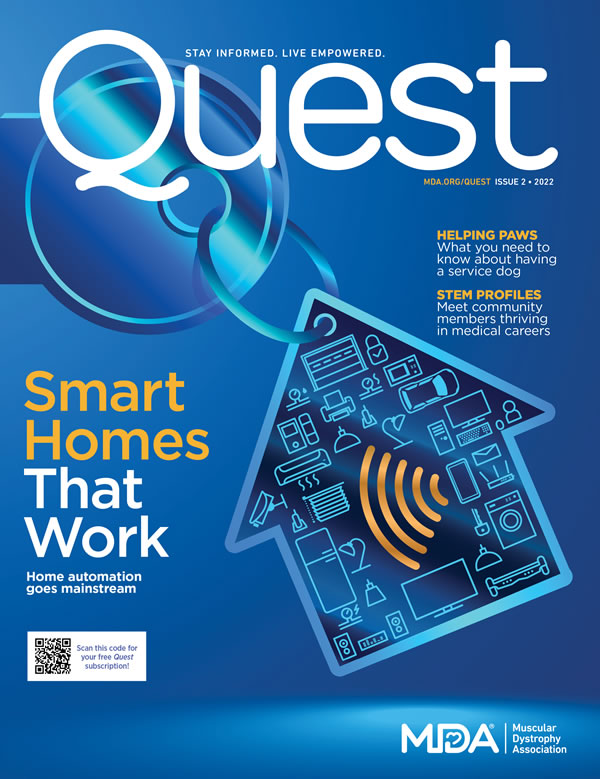 Quest Issue 2, 2022
Quest Issue 2, 2022 -
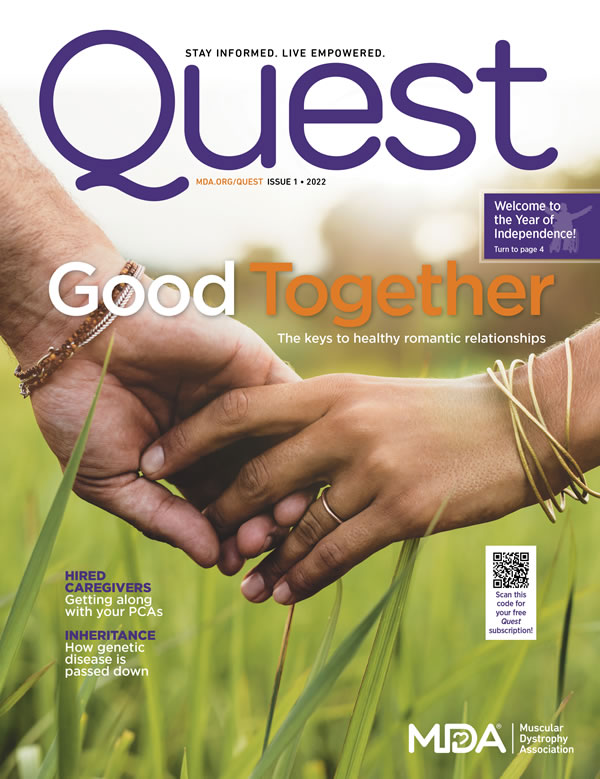 Quest Issue 1, 2022
Quest Issue 1, 2022 -
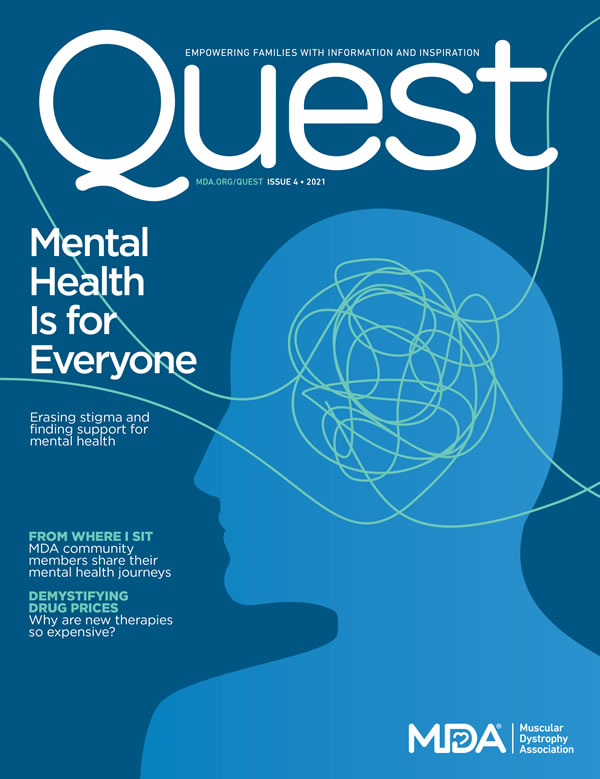 Quest Issue 4, 2021
Quest Issue 4, 2021 -
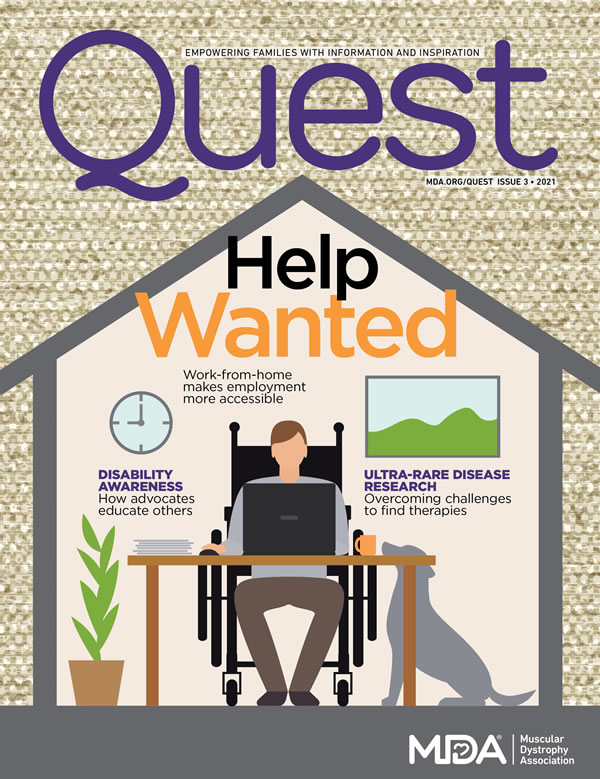 Quest Issue 3, 2021
Quest Issue 3, 2021
Recent Quest Articles
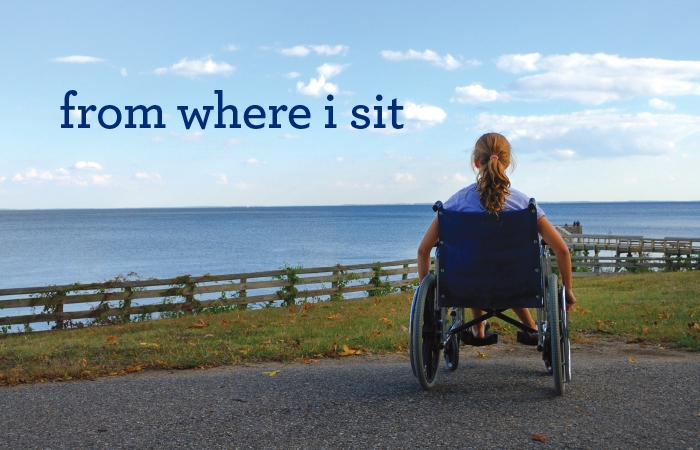
The Best-Worst Thing
Upon hearing my diagnosis — type 1 myotonic muscular dystrophy (MMD, or DM) — at the age of 20, I must admit, my world crumbled for a moment. I’ll never forget how the room seemed to shrink and spin, how the doctor’s voice morphed into white noise, and how visions of immobility caught my breath.
Read More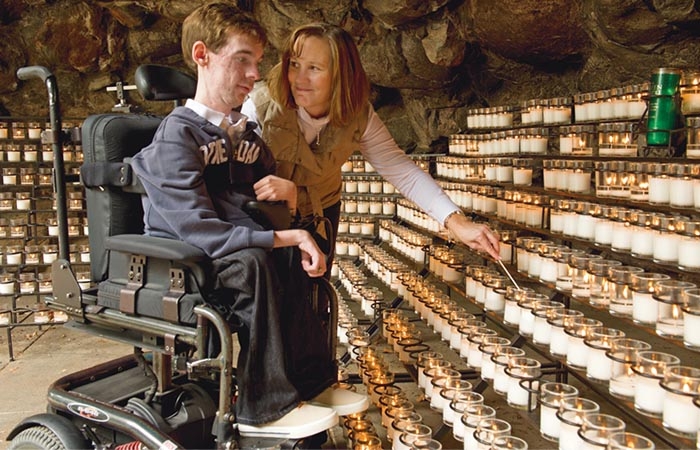
Caring for the Caregivers
“If I was down, who was going to take care of him?” This question nagged at Josie Rose of Texas, as a lingering bout with the flu kept her from taking care of her husband, Rick, who at the time was living with amyotrophic lateral sclerosis (ALS). The flu that laid her flat also opened her eyes. She realized that she couldn’t do it all for him, not all the time anyway. So she finally asked their four adult children for help, and they began to pitch in. Their only question for Josie was, “How have you done all this by yourself?”
Read More
ANN Releases Guideline for LGMD Diagnosis and Care
This month, the American Academy of Neurology (AAN) released an evidence-based guideline for the diagnosis and treatment of all forms of limb-girdle muscular dystrophy (LGMD) and some forms distal muscular dystrophy (DD) – a development that's expected to improve the quality of care in these disorders.
Read More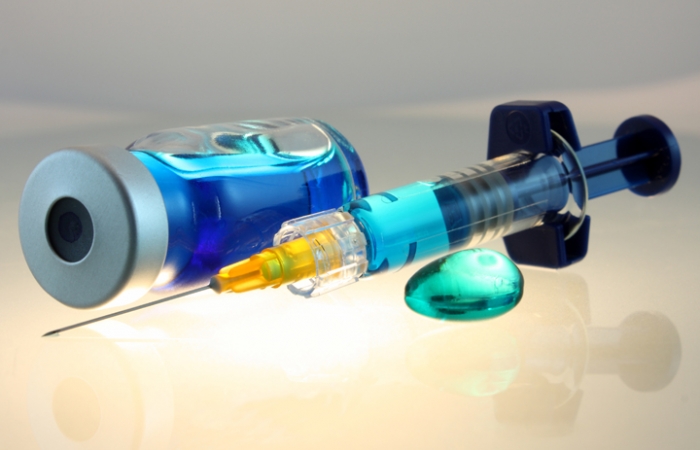
The FDA Approval Process: Can We Have This Drug Now?
To people faced with life-threatening diseases, the U.S. Food and Drug Administration (FDA) can seem like an indifferent obstacle, keeping them from treatments that would otherwise be available. But the reality is much more layered and complex.Here, MDA answers some frequently asked questions about how the FDA works to shed light on this topic.
Read More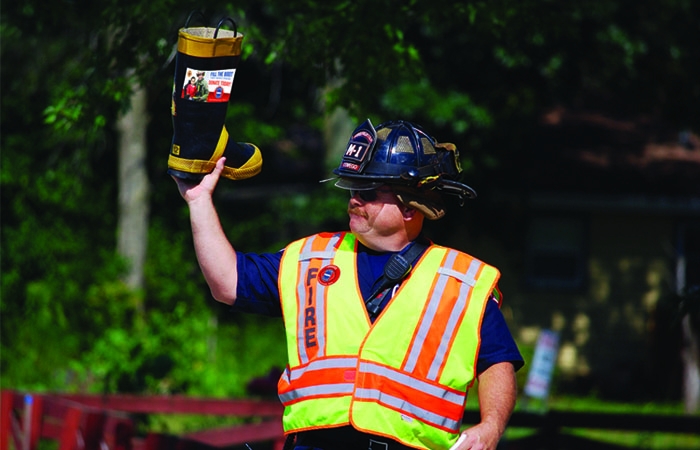
Giving Muscular Dystrophy the Boot
The year was 1954. Dwight D. Eisenhower called the White House home, a gallon of gas averaged 22 cents, and the TV show “Father Knows Best” kept Americans captivated with Hollywood’s version of the perfect family. But, as explained in a 1954 article published in The Press-Gazette (Hillsboro, Ohio), no one knew best when it came to treating the estimated 200,000 Americans diagnosed with a “strange ailment” called muscular dystrophy.
Read More
Preventing and Dealing with Theft by Hired Caregivers
Without the help of my paid caregivers, I can’t get out of bed. I put my life in their hands every day, and that’s why it was such a slap in the face when one of my aides stole my work laptop.It’s been well-documented that individuals with disabilities are victimized by crime, including burglary/theft, at much higher rates than the rest of the population. In fact, we’re often targeted specifically because of our disabilities.
Read More
CMT: To Exercise or Not to Exercise?
To exercise or not to exercise? I can almost hear the people reading this article screaming, “NOT!” Truthfully, until about a year ago, I would have been screaming NOT the loudest, the longest and with absolutely no hesitation. I have been affected by Charcot-Marie-Tooth disease (CMT) since birth. I have not known a single moment without dealing with CMT. Learning to walk as a toddler came later than most, and with many more falls. Riding a bicycle was out of the question for me because my balance was just nonexistent. Don’t get me wrong, not all people with CMT are unable to ride a bike. My sister and my daughter both ride a bicycle, and both have CMT.
Read More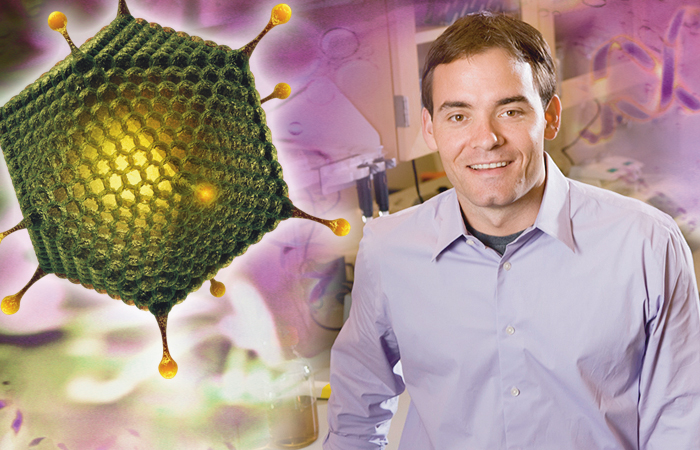
Correcting Dystrophin Genes
In 2001, Charles Gersbach began his graduate studies in biomedical engineering at the Georgia Institute of Technology in Atlanta, joining a center that was working on constructing semi-artificial muscle, bone and cartilage tissues.He was interested in constructing new materials and making tissue implants, but what intrigued him more were the genetic underpinnings of tissue growth and regeneration.
Read More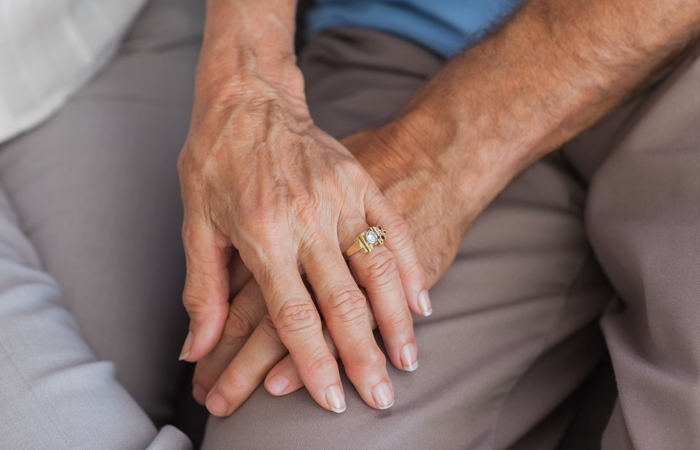
Special Caregiver Feature: Walking the Line Between Caregiver and Life Partner
After nine years of courtship, my partner Richard and I are discussing The Future. Children, marriage and home ownership are now notching out deeper spaces in our daily dialogue.Like many couples, we’re both scared of The Future. We’re concerned we won’t be fully equipped for what may come — those ripples that may make life a little more difficult. We’ve already experienced hardships that we’ve routed by the skin of our teeth. Despite the courage we possess individually and as a unit, though, we still fear that which we can’t predict.
Read More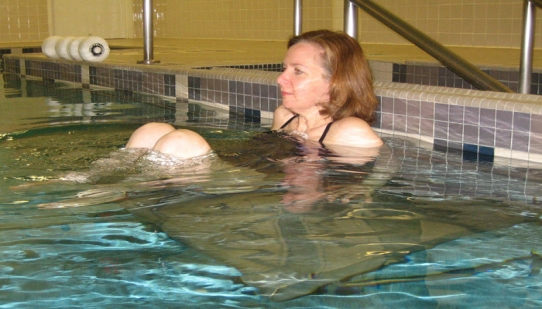
What About Exercise with LGMD?
Katherine Mathews is a neurologist at the University of Iowa Hospitals & Clinics in Iowa City, where she co-directs the MDA clinic. She recently discussed exercise in limb-girdle muscular dystrophy (LGMD) with MDA medical and science editor Margaret Wahl. Q: Do the different types of limb-girdle muscular dystrophy have implications for what you tell people about their activities?
Read MoreMDA Resource Center: We’re Here For You
Our trained specialists are here to provide one-on-one support for every part of your journey. Send a message below or call us at 1-833-ASK-MDA1 (1-833-275-6321). If you live outside the U.S., we may be able to connect you to muscular dystrophy groups in your area, but MDA programs are only available in the U.S.